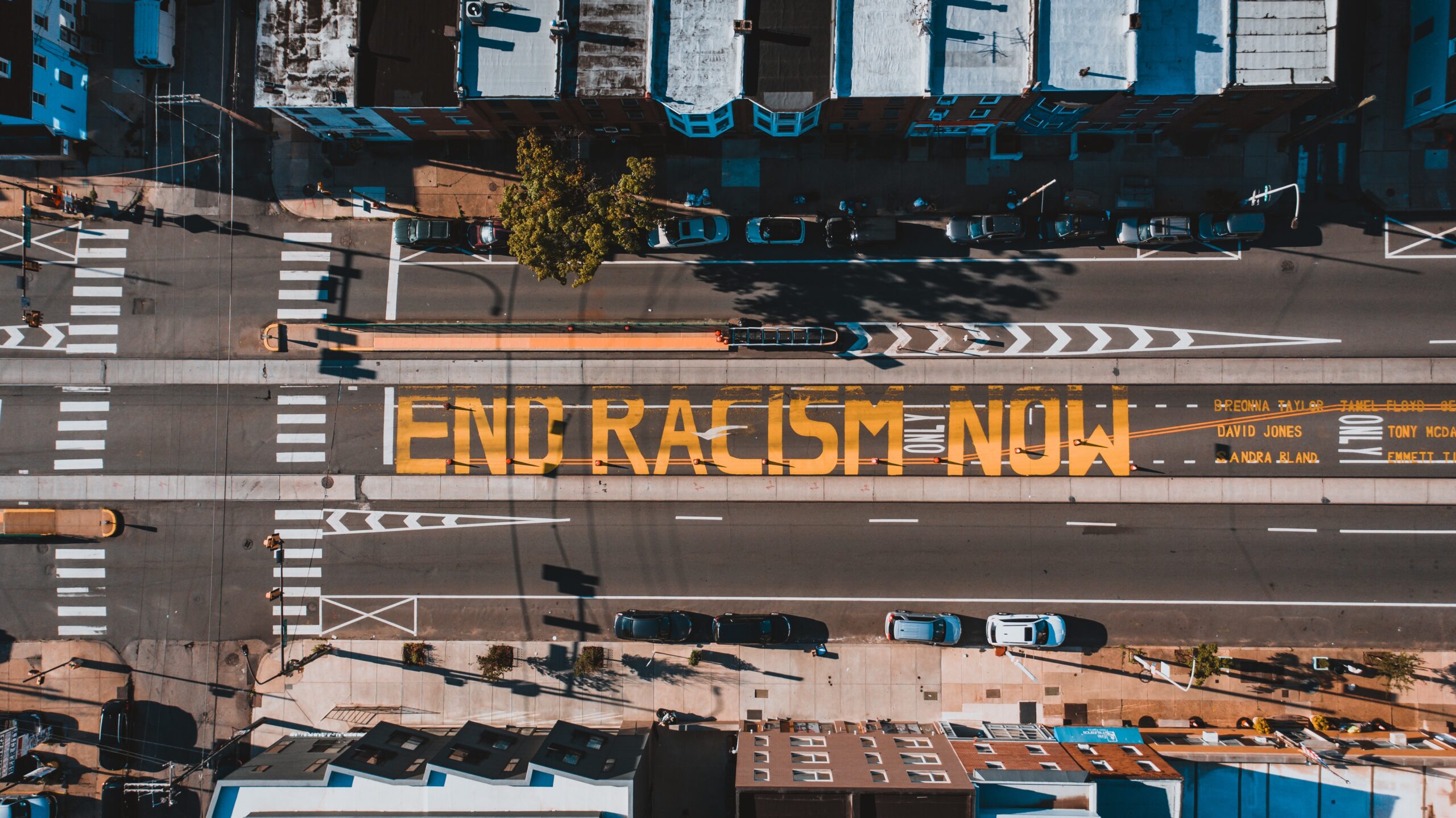Despite being one of the most multicultural societies in the world, the systemic racism embedded within Canada’s institutions means not everyone accepted into the country is afforded the same access to opportunity.
As it was made clear this past federal election, Quebec is grappling with allegations of institutionalized racism embedded in its Bills 21 and 96, which prohibit religious clothing in parts of the public sector and try to cement Quebec’s status as a French-speaking nation, respectively. Quebec’s premier has doubled down, denying the bills promote institutionalized racism.
But this denial has real consequences. Police brutality against minorities, the under and unemployment rates racialized people experience, the gross over-representation of Black and Indigenous people in prisons, the rise of hate crimes — all of this can arguably be traced back to the racism embedded within our institutions.
If this is how far we’ve come, the next 50 years should focus on multiculturalism as being more than just about the mere celebration of “folklore, dance and cuisine,” as Peter Flegel, the director of the government of Canada’s anti-racism secretariat, said.
It must be “multiculturalism with strong expectations among the public as to what the government — ostensibly the federal government — should do to remove the systemic barriers that are restricting the opportunities and quality of life for … racialized and religious communities across Canada.”
Or, as Jean Augustine, former MP and minister of multiculturalism, put it, we need “tangible commitments and actions” in order to “meaningfully address the barriers to full and equal participation.”
Under-employment hurts all Canadians
Citing data from RBC, Shamira Madhany, deputy executive director at World Education Services (WES), said Canada loses an estimated $50 billion in gross domestic product due to the underemployment of immigrants.
“Employers don’t see immigrants as a labour source,” she said.
If there is anything to be taken away from the pandemic, it is the realization that to address the needs of diverse populations needing employment support in an equitable way, there needs to be systematized increase of outreach by the settlement and integration sector.
Anne Gueller-Frey of Network IQ, in Germany, agreed, saying, “It is an understatement today that people of colour…are the groups that face the greatest inequities when it comes to migration, in particular employment success.”
To help immigrants get into the labour force, Madhany said WES has been reaching out to employers and industry groups including the Board of Trade and the Chamber of Commerce, as well as people involved in the hiring process.
During the recent federal election, she said WES also sent out policy papers and asked political parties to include immigrants in the election agenda “to make sure that nobody gets left behind.” The point, she said, is to change the narrative around immigrants.
“We don’t want to be in a situation where we talk about immigrants as a problem … They’re not the problem. The problem is the systems and how we don’t actually understand completely what the barriers are,” she said.
“My hope is that 10 years from now when we talk about multiculturalism, we aren’t talking about diversity as our strength (but) as part of the economy.”
Economy needs IEPs, but systemic barriers keep them out
While the biosciences sector desperately needs new talent, stakeholders are asking why are Internationally Educated Professionals (IEPs) being snubbed?
“If measures aren’t taken soon, the bioeconomy will face considerable talent shortages by the end of the decade,” said Pamela Gray, vice-president of BioTalent Canada, and Canada will miss out on the opportunity to be a world leader in the billion-dollar bioeconomy sector.
“Canada really does have the potential to be a world leader when it comes to the bioeconomy within the next five years. However, a major factor that will basically allow us to reach that goal is availability of highly trained skilled talent.”
Session moderator Pamela Gray, vice-president of BioTalent Canada, said though employers doubt whether IEPs’ skills are a match to their requirements, they are, in fact, the sector’s “most precious resource.”
Devon Franklin, senior manager of skills validation and strategic initiatives at the Immigrant Employment Council of British Columbia (IECBC), identified some of the most common systemic barriers to entry for IEPs:
- Language and communication. “Strong accents can be misinterpreted for poor language ability.”
- There is also a “real pervasive challenge of lack of recognition or devaluing of international credentials.”
- Canada’s “over-reliance in…informal networks, i.e., looking at our staff for personal referrals … That puts newcomers at a huge disadvantage because they don’t have those well-formed professional networks.”
- “In addition, Canada’s economy is really powered by small- and medium-sized businesses, and they often are the ones that lack formalized HR policies.
The cost of racism in sport
The literature says there is rampant racism within Canada’s sports. Now, an empirical study conducted with approximately 39 stakeholders involved with sports in Winnipeg, ranging in age from 14 years to those with many decades of experience, corroborates that.
“The impact that (racism) has had on participants within the sport system is one of the major things that really stayed home with us,” said Craig Brown, research consultant from the University of Manitoba.
In one particularly chilling case, he recalled how a biased decision taken by a sports governing body against a mostly racialized team had the “domino effect” of causing most of the players to drop out of the sport and then out of school. Eventually, Brown said, many would run into legal trouble.
“This person who had been a mentor and coach for many of these players ended up having to bury some of them,” Brown recalled. “And they trace it back to the decision that was made by the governing body that caused (their) exclusion.”
The group’s study is part of their “anti-racism in sports” campaign that seeks to “address, disrupt and eliminate racism and discrimination in sport experienced by” racialized groups, including Indigenous people in Winnipeg, said Jessica Praznik, project manager at Immigration Partnership Winnipeg.
While available literature argues that systemic racism exists in Canada, there is a lack of empirical evidence detailing the experience of racialized people in sports, added Leisha Strachan, one of the study’s lead academics from the University of Manitoba.
The group concluded by stressing the fact that while some organizations are publicly addressing racism and discrimination through policies, they need to do more to enforce those policies in order to send a message across the board.
“Although organizations do talk about tackling racism, there is a big difference between talking about racism and being anti-racist,” said Dr. Strachan.
The NCM News Desk includes: Naser Miftari, Tazeen Inam, Veronica Silva Cusi, Daniela Cohen, Baisakhi Roy and Fernando Arce.
NewCanadianMedia.ca is Canada’s premier web site dedicated to news and views about the one-fifth of Canadians who are immigrants. You’ll find original journalism from an immigrant perspective along with content produced by our partners in Canada’s ethnic media. Our content provides fresh insights into developments in politics and society, enhancing your understanding of our diverse world.





